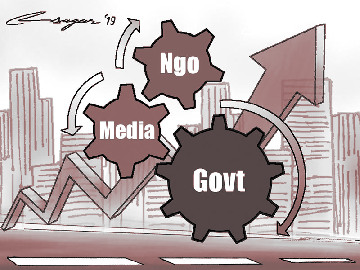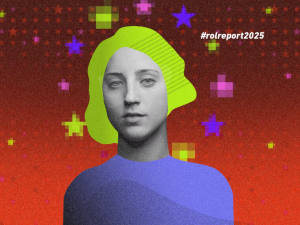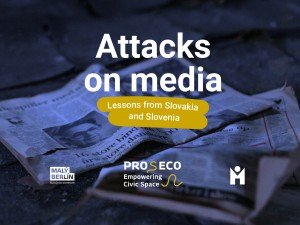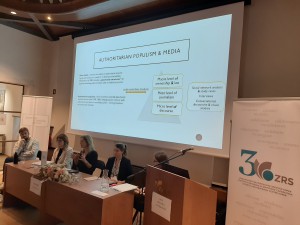Reports on the media system and civil society in Slovenia published by POPMED researcher

Marko Ribać, PhD, researcher analysing populism in the Political and Media Populism: “Refugee crisis” in Slovenia and Austria (POPMED) project, published empirical findings of the ongoing research in two reports. One of the reports addresses structural changes in Slovenia media system and the other one provides an insight into conducted frame analysis of public letters of civil society organizations in the period from 2015-2018.
First report titled Review of Slovenian media system analyses the development of the TV and newspaper media space in Slovenia from 1990s onward. Report specifically focuses on four media organizations having an important role in the national media sphere: two newspapers Delo and Slovenske novice and two television stations RTV Slovenija and POP TV. Author examines the transformations of media outlets’ ownership structure, their circulation, reach and viewership, general political partisanship, state control and legitimating role of journalistic and media institutions. Report serves as a contextual study, complementing frame analysis of media reporting in the period from 2015 to 2018 that is currently being conducted by the POPMED research team.
Second report titled Frame analysis of civil society documents in the period 2015-2018 is a report on the conducted critical affective frame analysis of joint and individual public letters written and sent by the civil society organizations and activist initiatives. 19 letters, analysed in the report, were sent to the public authorities in the period of the “refugee crisis” (2015-2016) and the period after the closing of the refugee Balkan trail (2016-2018) and represent a critical response to the migratory and asylum legislation (consisting of seven laws) adopted in the Slovenian parliament. Analysis shows that civil society organizations like non-governmental, humanitarian organizations and activist initiatives managed to frame the refugee topic mostly as a critique of militarization and inadequate legislative protection of refugees. Report also includes a note on five in-depth interviews conducted with the authors of the analysed documents and thus provides a general sense of the civil society’s understanding and framing of the situation, as well as its mobilizing potential.




